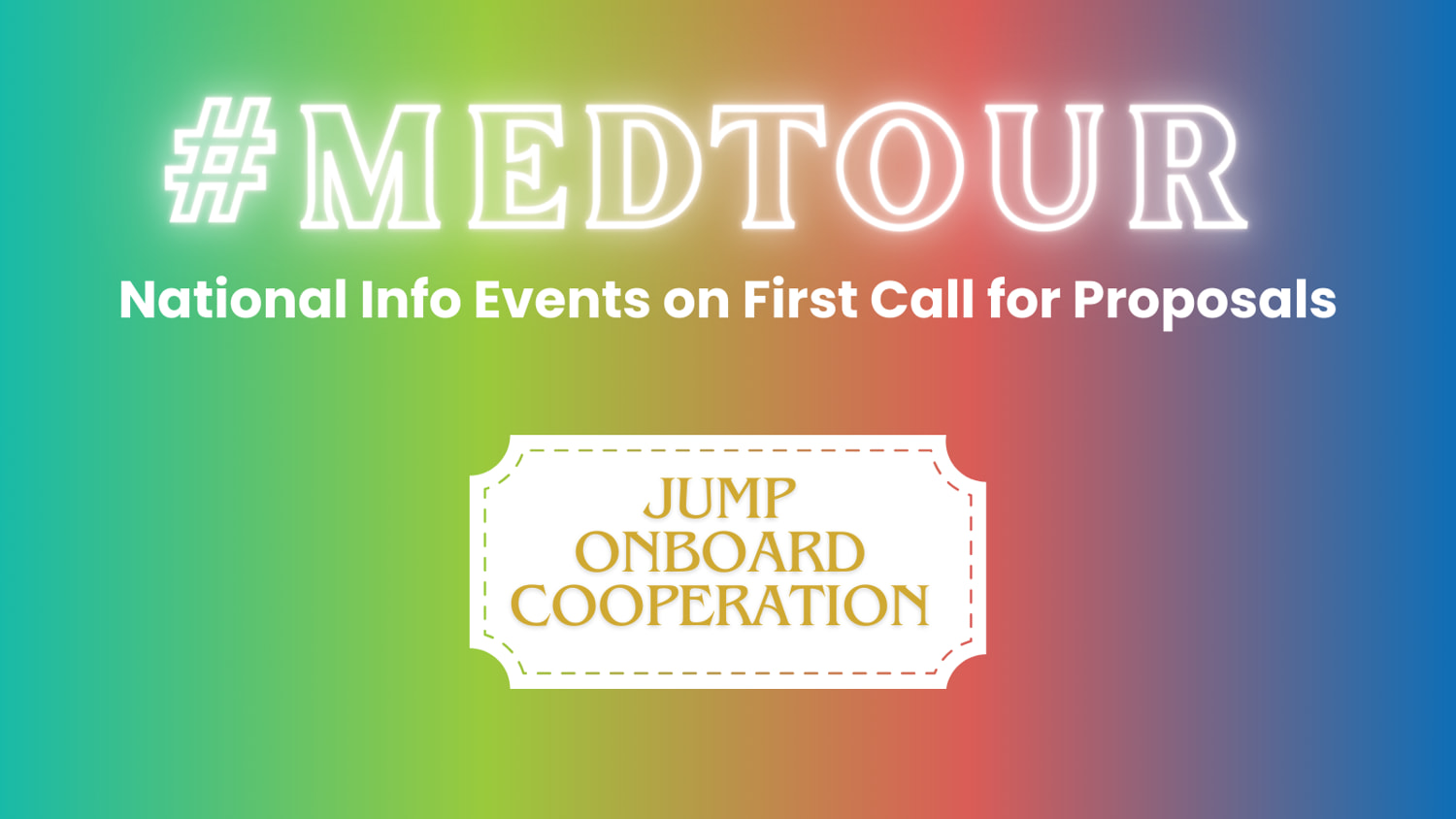Technical assistance to support communities of actors to achieve the EU Mission: Restore our Ocean and Waters objectives | Deadline 22 May 2024
Deadline: 24 May 2024
Budget: technical assistance (non financial)
Countries: European/ Mission lighthouses basins (Mediterranean, Atlantic and Arctic basin,Baltic and North Sea basin, Danube River basin)
More information: dedicated funding page
Objective
The objective of the technical assistance is to support selected applicants in developing and strengthening their actions contributing to one or more of the targets of the Mission Ocean and Waters. By participating in this call for technical assistance, selected projects will gain access to technical assessments and feasibility studies. The technical assistance shall match the needs, capacity, and interests of applicants, providing tailored expert support for applicants’ projects on key dimensions such as regulatory, technical, economic, operational, environmental, and commercial feasibility. The feasibility studies will provide an assessment of the overall viability of projects, defining risks, opportunities, and probability of success and analysing whether the planned projects are legally, technically, financially, economically, operationally, environmentally, and commercially justifiable and feasible. The studies shall also provide recommendations on how to improve the feasibility of selected actions. Through the technical assistance, selected beneficiaries will gain a clearer understanding of the project feasibility and/or requirements to scale up and further develop the project.
Eligibility
The Call for Expression of Interest seeks to collect applications from relevant communities of actors, who wish to contribute to the objectives of the Mission ‘Restore our Ocean and Waters by 2030’ in one of the EU Mission lighthouses basins. Applicants must be from one of the three target communities: ports, fisheries, islands. Actions must be located within the Mission lighthouses basins (Mediterranean, Atlantic, Arctic, Danube, and North & Baltic Sea).
Duration
The typical duration of the technical assistance delivery is between 4-6 months, commencing after the notification of selection.

